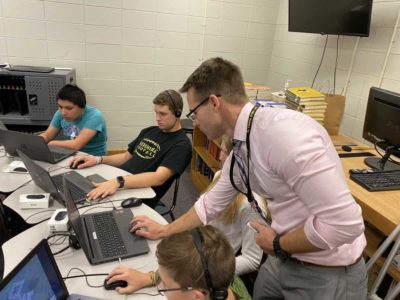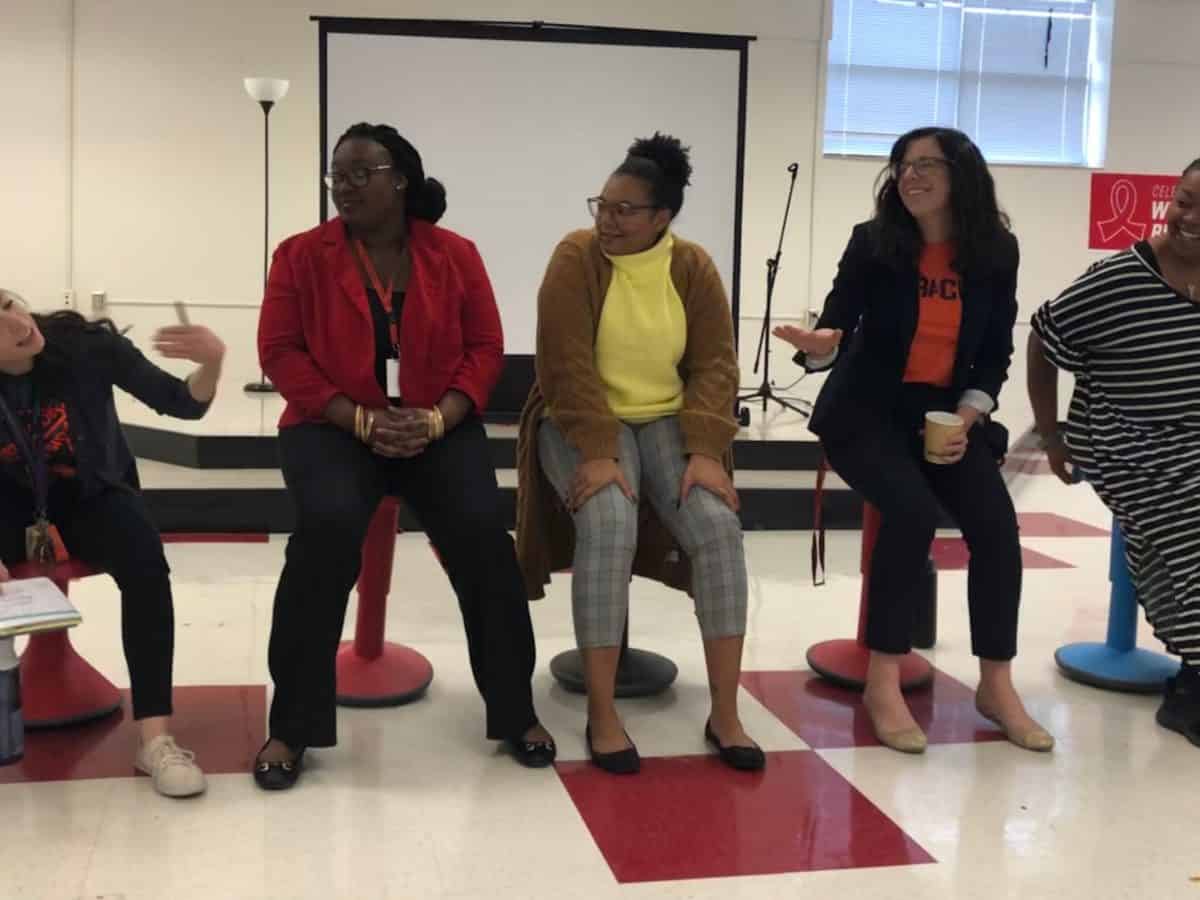
“There are more than 100,000 teachers in North Carolina. We know there are effective teachers in all our communities across the state,” says Johanna Anderson, the executive director of The Belk Foundation.
In June 2019, The Belk Foundation announced a new strategic issue, “Equitable Access to Effective Teachers,” and this week they will hold a conversation in Raleigh with education stakeholders, “Recognizing Top Talent: National Voices on Identifying and Retaining NC’s Best Teachers.”
We think about the teachers we love and lift up in so many ways. EdNC’s Alex Granados has been rolling out a series on what makes a teacher great. For many of us, our favorite teacher comes first to mind. Sometimes it’s teachers who are innovative. Sometimes it’s our teacher leaders.
Check out EdNC’s series on great teachers
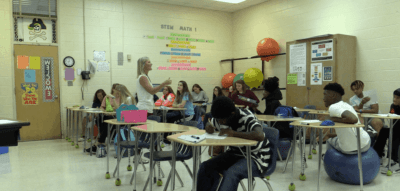
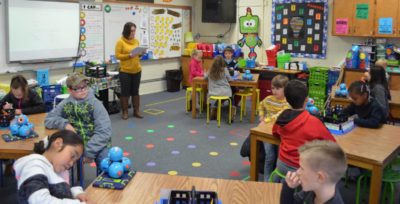
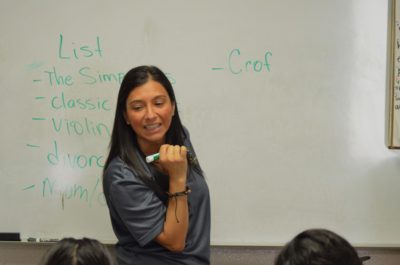
A recent consent order in Leandro — the case that defines our state constitutional right to the opportunity of a sound, basic education — requires the state to come with a plan of action, and one of the seven components will be, “A system of teacher development and recruitment that ensures each classroom is staffed with a high-quality teacher who is supported with early and ongoing professional learning and provided competitive pay.”
But what does it mean to be effective or best or high-quality?
“By definition, teaching is effective when it enables student learning,” finds The Bill & Melinda Gates Foundation in a policy and practice brief on the measures of effective teaching.
A strategy called “Teaching Works” identifies high-leverage practices:
High-leverage practices are the basic fundamentals of teaching. These practices are used constantly and are critical to helping students learn important content. The high-leverage practices are also central to supporting students’ social and emotional development. These high-leverage practices are used across subject areas, grade levels, and contexts. They are “high-leverage” not only because they matter to student learning but because they are basic for advancing skill in teaching.
These 19 practices — from leading a group discussion to implementing norms and routines for classroom discourse — make it clear it’s not just about who the teacher is, it’s also about what the teacher actually does in the classroom.
The Belk Foundation defines “effective” as “those who connect with students and positively contribute to their learning and development.”
Related reading
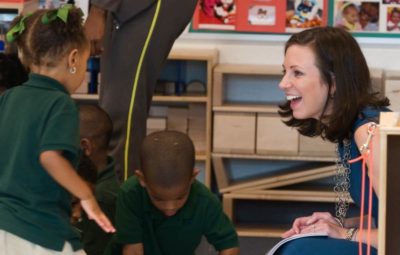
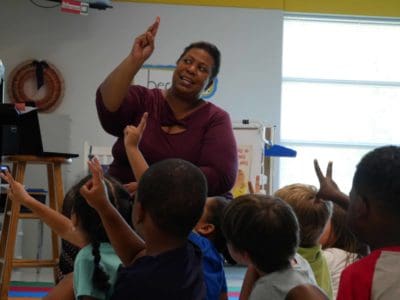
“What we know,” says The Belk Foundation Strategic Plan, “is that effective teachers tend to:
- Have high cognitive ability and knowledge of their content
- Be conscientious, have a growth-mindset, set goals and use data to drive results for students
- Be culturally-aware and teach in culturally responsive ways
- Be good communicators and motivate all students to learn
- Believe in children and have high expectations for all students
- Diagnose student learning, differentiate instruction, and skillfully select strategies and resources to reach all learners
- Establish safe, supportive, engaging and purposeful learning environments
- Make students feel cared for, inspired and challenged
- Among many, many additional daily acts of service, dedication, and care.”
How should we identify our most effective teachers? Why is it important for system leaders to know the distribution of effective teachers? How can North Carolina build talent strategies that develop and retain our top talent? All of these questions will be included in the conversation this week.
Teachers, says John R. Belk, the chair of The Belk Foundation, “are the difference makers who can connect with students and contribute to their academic achievement.”
EdNC’s Alex Granados will be covering the conversation on Wednesday and Rupen Fofaria will pick it up on Thursday. Tweet your thoughts about and experiences of effective teachers @EducationNC. And stay tuned.
Editor’s note: The Belk Foundation supports the work of EducationNC.
Recommended reading
